Student Blog
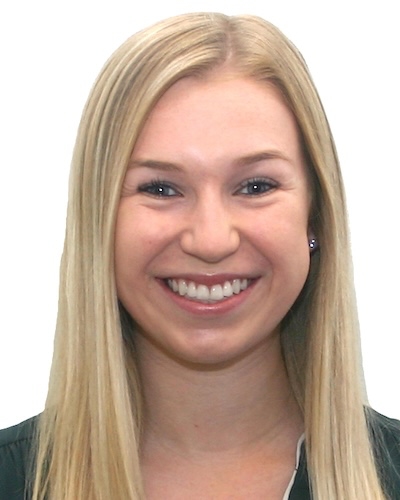
3 Ways to Pursue OT as an Undergrad ⟩
February 4, 2019, by Jessica P.
As many of you know, to practice as an occupational therapist in the United States you need a master’s degree. So that leaves a lot of people wondering — how do I get involved as an undergrad to prepare myself to become an occupational therapist? At USC as an undergrad, there are many ways to pursue occupational therapy from the minute you step on campus as a freshman:
1. Major in Occupational Therapy
If you know as a high school student applying to college, you want to pursue occupational therapy as a career then our Bachelor to Master’s (BS-MA) in Occupational Therapy is the major for you! The accelerated BS-MA program is a program where you get your undergrad and master’s degrees in just 5 years, instead of the traditional 6 years. The program follows a 3 + 2 format where your first 3 years you complete your undergrad courses and the last 2 years you complete your master’s courses.

During your undergrad years, you complete pre-professional courses as well as general education courses that all USC students take. Many students wonder if they can still have the “typical” college experience while being in an accelerated program, and let me tell you — you definitely can! As a BS-MA student, I was able to still take courses abroad, pick up a minor, while also participating in Greek life and student organizations.
2. Minor in Occupational Science
If you are an undergrad at USC, but aren’t already majoring in Occupational Therapy, you can join our amazing Occupational Science minor. Occupational Science was founded at USC in 1989. The OS minor classes are designed to complement any major and enhance students’ understanding of occupations, the things we do every day that occupy our time. There are students who are in a variety of majors such as accounting, chemistry, and theater, in addition to students who are planning on pursuing occupational therapy as their career.
There are classes like OT 310: Creativity Workshop where you get to explore your own creativity, OT 340: Occupational Foundations of Human-Animal Interaction which focuses on how animals contribute to human health, OT 350: Disability, Occupations, and the Health Care System where you learn about occupational opportunities and barriers in the health care system, and many more. Requiring only 20 units, the OS minor is flexible to fit into any undergrad’s schedule and provides classes that are hands-on and fun!
3. Join the Pre-OT Club
The Pre-OT club is a great way USC undergrads interested in occupational therapy can get involved. The club frequently has speakers come to present on topics such as neurodiversity, graduate admissions, and the health care field in general. They also hold site visits in the Los Angeles area to see various areas of practice and shadow clinicians.
No matter where you are on your path to pursue occupational therapy, USC has ways for you to explore whether this is the right field for you.
⋯
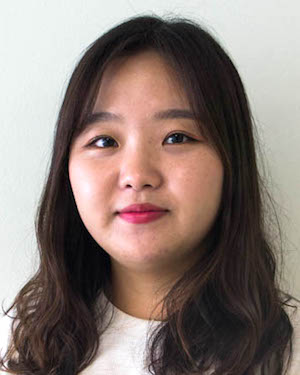
Spring Semester: Second and the last semester ⟩
January 28, 2019, by Goeun
Since the Post-Professional Master’s program is a one-year program, the second semester which I’m taking now is my last semester! Although it was one of the reasons why I chose the USC Chan Division, it feels so fast since I started the program.
The first semester was pretty tough, getting used to school as well as adapting to new environments. However, I think the Post-Professional Master’s Program is well-structured with curriculum and the Division has been really supportive for international students.
In the fall semester, I mostly took required courses with one elective course, OT 500: Clinical Problems in Occupational Therapy, which helps international students to be eligible to take NBCOT exam. In the spring semester, on the other hand, I mostly take elective courses and two required courses. Speaking of electives, it was really nice as I could choose what I want and interested in, but at the same time, it was really confusing as I wanted to take more than I can.
It was hard to choose, but among all the electives, I decided to take four of them:
OT 574: Enhancing Motor Control for Occupation,
OT 578: Therapeutic Communication: Facilitating Changes in Clients,
OT 583: Current Application of Lifestyle Redesign, and
OT 575: Dysphagia across the Lifespan: Pediatrics through Geriatrics (for the first six weeks).
I chose those courses because some are very new to me, especially the Lifestyle Redesign which is developed in here. I also chose some courses that are a little bit familiar to me as I wanted to learn some perspectives from the US. So far, I’m enjoying the courses. I love that I can have hands-on practices with classmates as well as real patients and I’m looking forward to learning more!
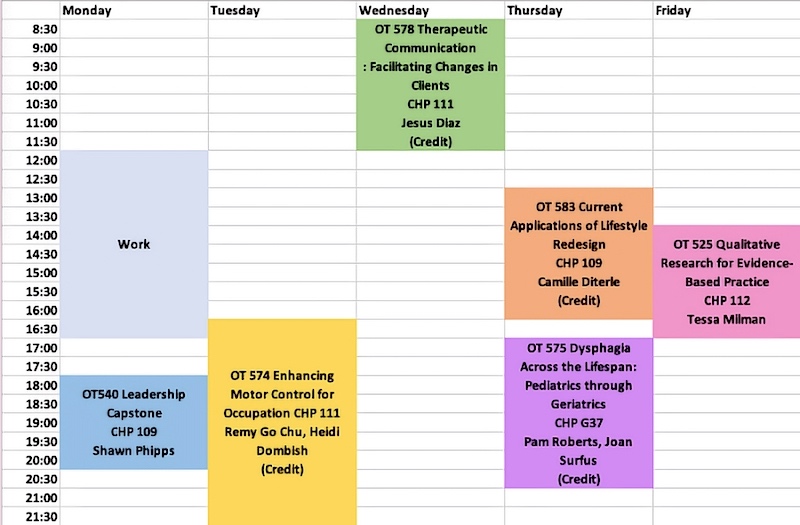
This is my spring semester schedule.
⋯
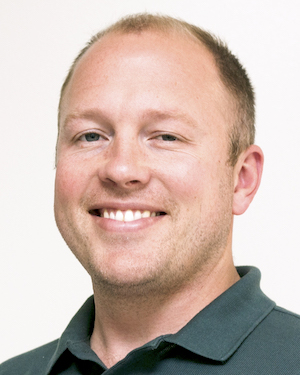
It’s a Beautiful Day in the Neighborhood ⟩
January 28, 2019, by Evan
I’m a proud resident of Santa Monica, CA. Whatever inconvenience it is commuting 45 minutes to school, for me it is worth the quality of life I am afforded on weekends where I spend most of my time walking about in the neighborhood with family. Many students find it most convenient to live near health science campus or USC main campus, and I think this is a great option particularly for those new to LA, but I was living in Santa Monica before grad school and am grateful I didn’t have to move when I started.
It’s amazing how much where you live can influence occupation. Is it a walking neighborhood? Near the beach or good hiking trails? Near art museums and restaurants? My life is certainly influenced by my home and neighborhood, and I’d have to say that my current favorite occupation is watching the sunset from our roof. Where will you live when you move to LA and start the Master’s program? The possibilities are endless.
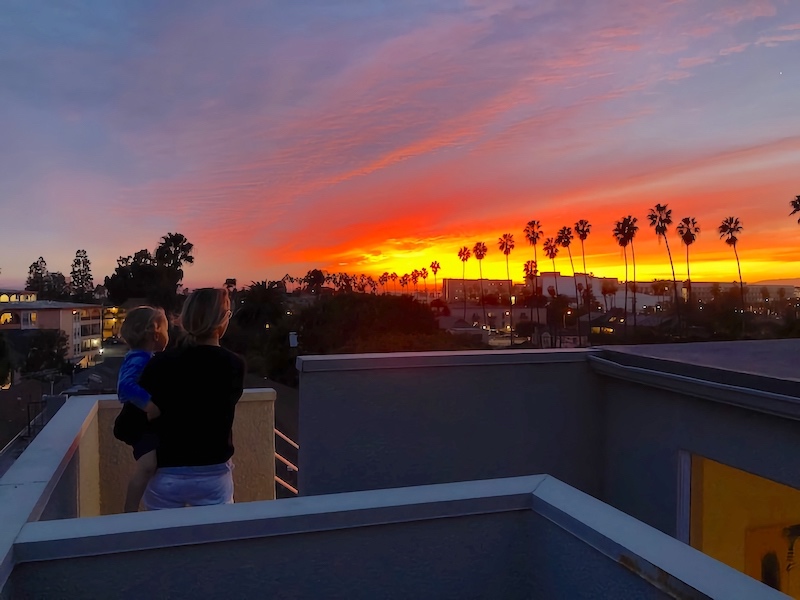
⋯
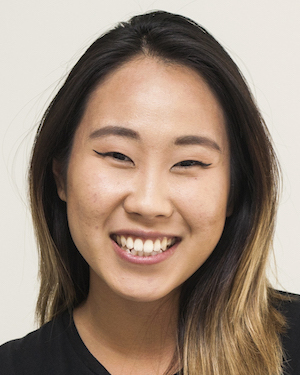
Help! WHERE DO I LIVE?! ⟩
January 28, 2019, by Joyce
Housing and Transportation Living in LA
You got accepted into the program.
You committed.
But now you need to start putting this dream into action.
I was overwhelmed when I first began this process. I was late to the OT house registration deadline and scrambled for housing in the first 2 months of the program. Picture this, 22 year old female moving from NYC to LA with 2 suitcases and no housing. Atrocious mess? You betcha. Luckily I had a few friends out here who let me crash on their couch for a couple of weeks. I moved 5 times before settling on a place for my first year of grad school and moved again for my second year of grad school.
So I get it. Housing is important and if your housing situation is stressful, honestly, it’s impossible to study effectively. So here are some of the tips that I gained from my experience and would like to share with you all:
- OT House — this is the most commonly discussed housing option. There are a few blog posts about it already so I won’t cover it but check out Caroline’s Post if you’re interested.
- Currie Hall — also another highly popular living space that is a 5 minute walk from classes. There are few blog posts about it here so I won’t waste your time on these.
Now that we covered those, here are some housing options that are not as widely discussed. Note — I personally chose to live near the main campus (UPC) as I found it more accessible to stores like Trader Joe’s and Target. So most of the following information will be for housing near the main campus. I broke it down by budget:
~$1,500/month
ICON PLAZA, 3584 S Figueroa St, Los Angeles, CA 90007
Most commonly rented by undergraduate students, I did find a community of graduate students here. If you’re all about the amenities then this place might be the place for you. There is an indoor gym, game room, and multiple study rooms to utilize. Most commonly, students will have their own bedroom while sharing the living space, bathroom, and kitchen area with others. There are various floorplans available so you can browse if this is a place of interest!
~$900/month for a SINGLE BED SPACE or ~$1810/month for a PRIVATE 1 bed/1 bath
UNIVERSITY GATEWAY, 3335 S Figueroa St. Los Angeles, CA 90007
This is another popular housing choice for students who want to be near campus. The pricing will really depend on your preference of having a private single bedroom apartment or if you’re open to sharing a room with another student (2 beds in 1 room) which will cut down costs. This complex also has a variety of amenities including a fitness center, study rooms, rooftop terraces, and a sun & soak deck. Underneath the apartment buildings you’ll find places to eat like Subways, Blaze Pizza, Cream, and a CVS. I lived here for about a month throughout the summer program. But their leasing comes to an end at the end of July and I didn’t feel like living here with other undergraduate students during my grad school year. But I will admit that the amenities and location was great.
Starting $899/month
The Lorenzo, 325 W Adams Blvd., Los Angeles, CA 90007
Similar to the University Gateway, The Lorenzo is another popular student housing option mainly for undergraduate students though I have had met many graduate students who opt to live here. The pricing depends on whether you want a bed space vs. a private bedroom, the latter being more pricey. The Lorenzo also comes with a variety of amenities including a fitness center, study rooms, rooftop sundeck, and swimming pools.
The three apartment complexes above all come furnished.
The following information is now other leasing companies that many USC students use, both undergrad and grad students alike. Some may be furnished while others aren’t.
STUHO
STUHO manages many different buildings with a variety of floorplans. This is also the leasing company that I am currently leasing from! With this company I found a private bedroom with a small kitchenette. I share bathrooms with other students on the floor but avoid roommate drama about cleaning because the company has a cleaning team that comes in once a week to tidy up all shared spaces. This company has a variety of options that you can explore to find a space that you’re comfortable with. All properties are located close to main campus. In my house alone, I found undergraduate, graduate, and even PhD students.
First Choice Housing
Though I have never leased from this company, I have met with many students who do rent from them. Similar to the STUHO there are a variety of properties to look into. If you can recruit other graduate students you can land a property to share together!
NO UNIVERSITY — GET ME AWAY FROM STUDENTS.
If you’re not interested in living near any of the campuses, getting to school can still be doable especially if you are without a car (like me!). Just make sure to live near a metro line (preferable the Red or Purple) that will take you to Union Station. Because from Union Station, you can take the USC shuttle bus directly to campus (both main and HSC campus). A few popular areas are Silverlake/EchoPark, Koreatown, and Downtown LA. If you do have a car and don’t mind the commute, many students elect to live in Pasadena/Alhambra. To find these housing spots, I have found that apartments.com and zillow.com have some great listings to explore. Of course these are spots that you would most likely want to check out before signing a lease. If you can create some free time in your schedule before you start the program and you’re in the LA area, I would highly suggest blocking out a day just to explore housing options. It’s could be chaotic in a sense where you’ll probably be driving/walking a lot but you can have many viewings in one day (many which last 5-10 min).
Housing can be a stressful thing to deal with. If you have any specific questions/concerns, I am more than happy to discuss details with you! Feel free to email me at .(JavaScript must be enabled to view this email address).
Don’t be afraid to reach out as I definitely wished I did when I started the program . . . would have been in the same situation but less stressed with more information. Good luck!
⋯
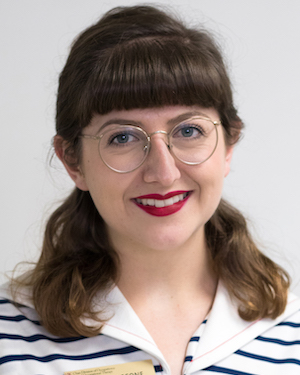
Five ways to make the OTD more affordable ⟩
January 23, 2019, by Antonietta
Like I mentioned in my previous blog Choosing a Residency Site, off the bat it seems like a USC affiliate site is the best financial package and the whole prospect of affording the OTD without it seems impossible. I’m here to tell you that is not the case! Yes, the OTD at USC is expensive but here are five steps I took to make it more affordable:
- The most direct one was finding a residency site that hired me on as an occupational therapist once I got my license. I looked at Glassdoor to get a sense of what entry level pay was like and mine is a few dollars lower because of the mentorship and training that I receive. I can cover about 50% of my Fall/Spring tuition (before any scholarship) by completing 20 hours of residency work per week. This percentage will change over the summer when I’m working full time at my residencies.
- The next one was a question of weighing pros and cons. First the background: in the Master’s you pay a flat rate for 18 units of tuition and for the Doctorate you pay for each unit you take. During the Fall and Spring of the second year of the Master’s you are not required to take the full 18 units and there are opportunities where you could be. In the Fall, you can do Directed Research (OT 590) for 2 units and during the Spring you can load up on elective credits to reach the full 18. Elective credits taken during the Master’s carry over to the Doctorate and if you do the max units both semester you do not need to take any elective during the OTD. This saves you up to 4 units at approximately $1800 per unit. I found 18 units manageable but it was noticeably more work than my classmates who were not doing it . . . so consider that as you plan your semester!
- There are some paid positions in the Division available only to OTD students. I am the classroom assistant for two courses. Since the professors know that you are also a student in an intensive course of study, I have found they are easy to work with and I can adjust my schedule to manage both these positions and my doctoral work. I personally enjoy being connected back to the Master’s program and working with professors that I was inspired by when I was in their classrooms.
- Keeping my grades up! There is scholarship from the Division for the OTD based on academic achievement. This includes GPA as well as participation and impact in the Division during the Master’s.
- Finally, I’ve known since I started the program that I wanted to pursue the OTD, so I did some things to prepare for the expense including working during the Master’s. I picked up 5-7 hours per week and it helped cut down on my expenses during the Master’s which made taking on the financial burden of the additional OTD year slightly less intimidating.
I’m not going to talk about loans or scholarship because it is very similar to the Master’s. There have been some great Ambassador blog posts written about these topics in the past so definitely check those out. I hope that sharing this part of my OTD experience demonstrates that there are ways to make the OTD work financially and for me, it has been worth every penny.
⋯





